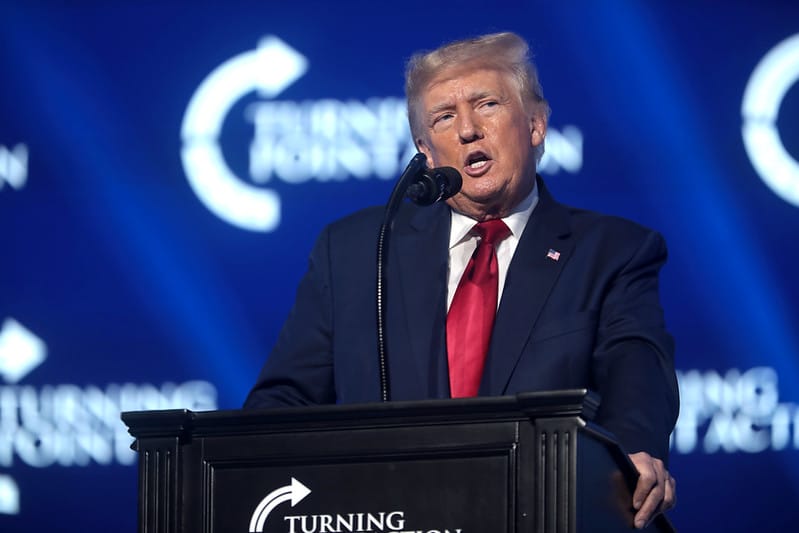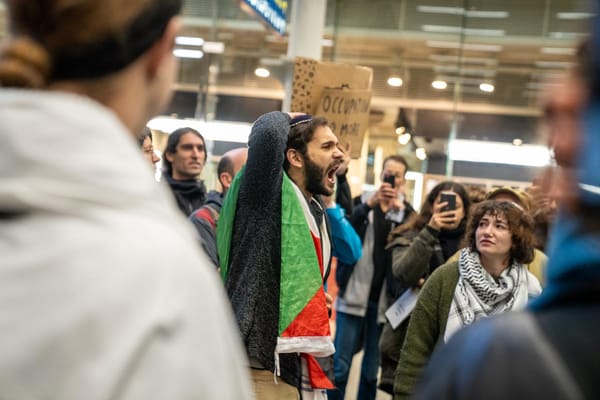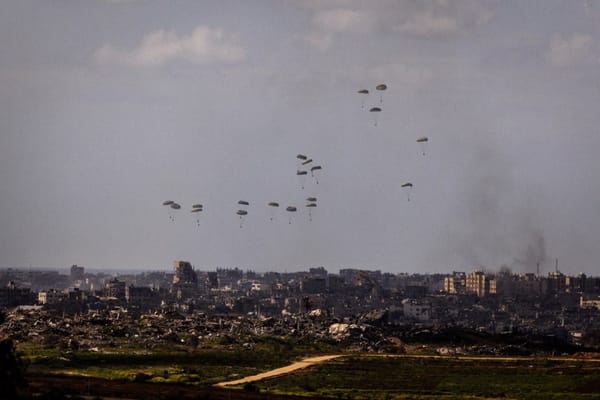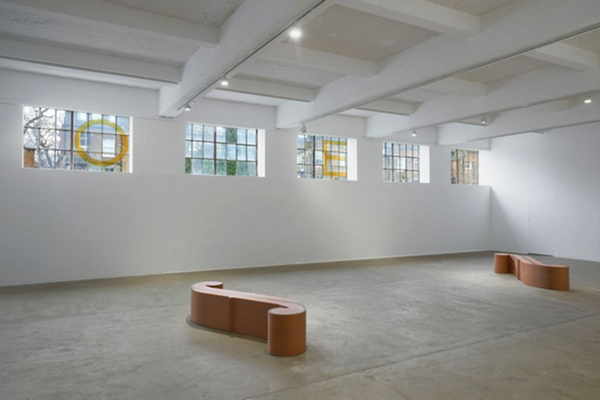Trump's peace plan won't just entrench the Israel-Palestine conflict – it will radically destabilise it
By mainstreaming the fantasies of the annexationist hard-right, this plan paves the way for an escalation of unforeseeable proportions.

Britain’s Foreign Secretary Dominic Raab thinks it’s a “serious proposal” that deserves “genuine and fair consideration”. But in other quarters, Trump’s plan for peace between Israel and the Palestinians has been received with incredulity.
The plan offers Palestinians a “state” which looks more like a Bantustan – a fragmented territory of isolated enclaves, without real sovereignty. Israel would maintain security control over Palestine’s borders, airspace and coastal waters. Palestine’s immigration policies, trade deals, and international treaties would be subject to Israeli oversight. The Jordan Valley and all the illegal settlements would be annexed to Israel, and its unlawful annexation of East Jerusalem would be formally recognised.
Such a non-starter is the plan that some have described it as pure electioneering by Trump, both on his own behalf and on behalf of Netanyahu, who has just been indicted on three counts of corruption. Others say the plan is simply a consolidation of the situation on the ground. It formalises what has been called the “one-state reality” of severely limited Palestinian autonomy under Israeli occupation, with starkly unequal rights for Palestinians and Israelis.
In other words, most people have viewed Trump’s “peace plan” as a formalisation of the status quo, and have therefore assumed that it will change little. The Palestinians will not agree to negotiate on these terms, and we will all return to business as usual.
This may prove a critical misreading. For the plan is significant because, rather than simply recognise things as they are, it has paved the way for sweeping change in the region.
The Israeli human rights NGO B’Tselem has described this as not a peace but rather an “apartheid plan”, as it entrenches a political system of inequality, oppression and dispossession. Yet even this may be an underestimate; for the destabilising dimensions of the plan put a question mark over the viability of even an apartheid-like scenario. A system of apartheid would depend on the continued existence and subservience of the Palestinian Authority (PA), which the plan seriously endangers.
The PA was set up more than 25 years ago as an interim administration of what was eventually to become a sovereign state. But in the intervening period, the prospect of meaningful Palestinian statehood has all but disappeared, and with it has the PA’s credibility: the last elections in Palestine were held 15 years ago; the Authority is now split between PLO-run West Bank and Hamas-run Gaza; it is unclear who will succeed the PA’s 84-year-old president, Mahmoud Abbas; many Palestinians see the Authority as a subcontractor of Israeli security concerns. For these and many other reasons, voices calling to suspend security cooperation with Israel, even to dismantle the Authority altogether, have been steadily swelling for some time. The plan – which will all but eliminate the PA’s ability to realise its raison d’etre of ending the occupation and establishing a Palestinian state – will amplify these calls. And if the Palestinian Authority were to collapse, it is unclear what would replace it.
But the Trump plan does not stop at dictating humiliating terms for the Palestinian Authority, putting its future at risk. The plan endorses radical and inflammatory ideas, ideas that not long ago belonged to the Israeli extreme right – notably the annexation of settlements. It also proposes the disenfranchisement and transfer of a quarter of a million Palestinians citizens of Israel to the “state” of Palestine, legitimising the racist depiction of these citizens as a “demographic problem” and rendering their citizenship effectively meaningless.
Even more extreme is the plan’s proposal to allow Jews to worship on the Haram al-Sharif/Temple Mount. Palestinians have long been concerned about Jewish attempts to secure such rights, which could end up physically dividing the holy site between Jews and Muslims, as were the Tombs of the Patriarchs/al-Haram al-Ibrahimi in Hebron after the 1994 massacre of Muslim worshippers there. Jewish groups have campaigned for decades to gain access to the compound: some in order to pray, others to prepare the building of the third temple. Competing claims to the Haram/Mount have historically played a key role in deadly escalations in the Israel-Palestine conflict. It was then Likud prime ministerial candidate Ariel Sharon’s visit to it in September 2000 that triggered the Second Intifada, which claimed thousands of Palestinian and Israeli lives. Despite knowing the risks involved the authors of the plan have chosen to endorse a radical change to the most charged site in the country.
Rather than a vision of permanent Israeli occupation that would extend the status quo, then, the plan takes a series of steps towards radically destabilising the region. After yesterday, the collapse of the Palestinian Authority and the violent escalation in the Occupied Territories it would precipitate have risen considerably. Jared Kushner’s comments, which have already laid the blame with the Palestinian leadership, indicate that the US would accept Israeli unilateral intervention in such a scenario. These interventions could start with annexation and disenfranchisement, and end with attempts to redraw the map of the West Bank, namely through forced population removal. Elements in the Israeli extreme right have been threatening that Palestinians need to put up with second-class status – or they may be forced to leave.
It may sound alarmist, but the US has just endorsed a series of extreme-right ideas that until now seemed far-fetched, even for Netanyahu: annexation, disenfranchisement and a takeover of the Haram/Mount. By pushing Palestinians to the wall, and depriving them of their minimal existing freedoms, the plan paves the way for a violent overhaul of the region’s political infrastructure, one whose consequences cannot be predicted. With this plan, the stakes of the Israel-Palestine conflict have been dangerously raised. ▼
Yair Wallach is Senior Lecturer in Israeli Studies at SOAS. His book City in Fragments: Urban Text in Modern Jerusalem is published by Stanford University Press in April 2020.




